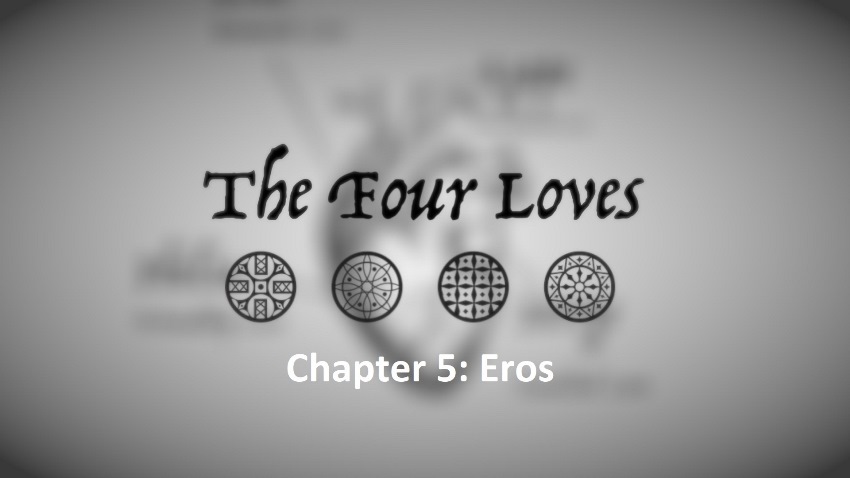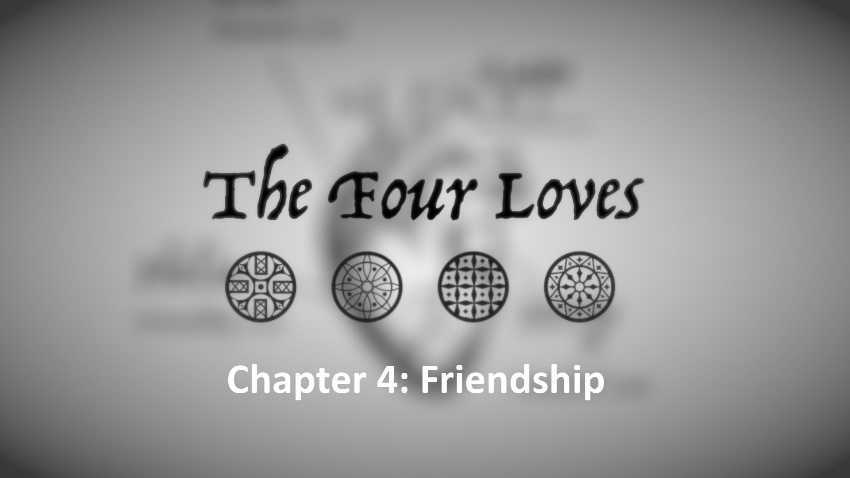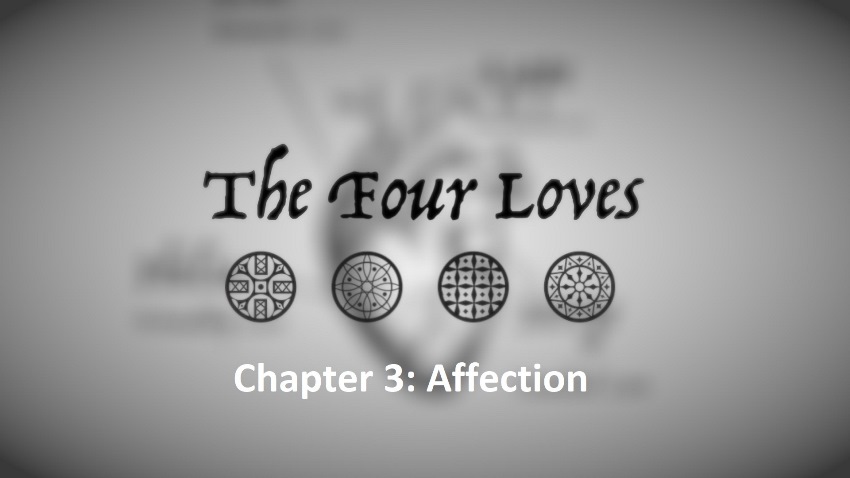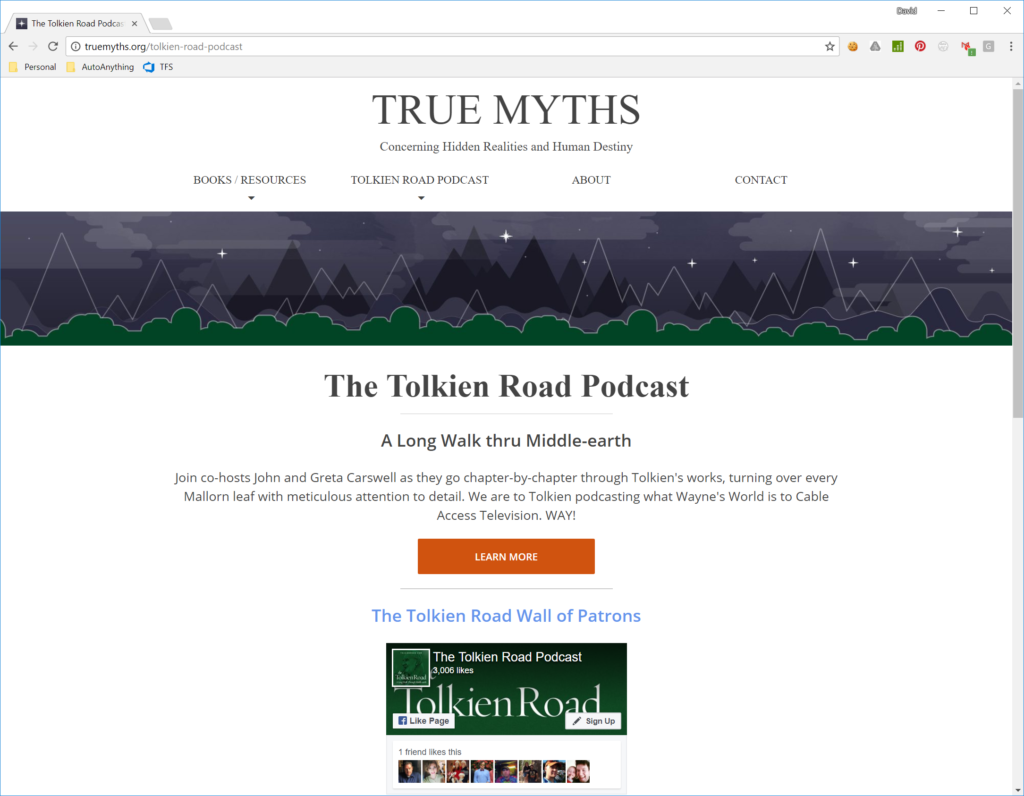The Four Loves – Chapter 5 (“Eros”)


C.S. Lewis Doodle
Quotations
What is Eros?
…that state which we call “being in love”… Sexuality makes part of our subject only when it becomes an ingredient in the complex state of “being in love”. That sexual experience can occur without Eros… and that Eros includes other things besides sexual activity, I take for granted… The carnal or animally sexual element within Eros, I intend… to call Venus.
Eros, Venus and Morality
I am not at all subscribing to the popular idea that it is the absence or presence of Eros which makes the sexual act “impure” or “pure”… Most of our ancestors were married off in early youth to partners chosen by their parents on grounds that had nothing to do with Eros… Conversely, this act, done under the influence of a soaring and iridescent Eros which reduces the role of the senses to a minor consideration, may yet be plain adultery, may involve breaking a wife’s heart, deceiving a husband, betraying a friend, polluting hospitality; and deserting your children. It has not pleased God that the distinction between a sin and a duty should turn on fine feelings.
Love’s Contemplative
Very often what comes first is simply a delighted pre-occupation with the Beloved – a general, unspecified pre-occupation with her in her totality. A man in this state really hasn’t leisure to think of sex. He is too busy thinking of a person. The fact that she is a woman is far less important than the fact that she is herself. He is full of desire, but the desire may not be sexually toned. If you asked him what he wanted, the true reply would often be, “To go on thinking of her.” He is love’s contemplative.
… Sexual desire, without Eros, wants it, the thing in itself; Eros wants the Beloved…
The thing is a sensory pleasure; that is, an event occurring within one’s own body. We use a most unfortunate idiom when we say, of a lustful man prowling the streets, that he “wants a woman”. Strictly speaking, a woman is just what he does not want. He wants a pleasure for which a woman happens to be the necessary piece of apparatus. How much he cares about the woman as such may be gauged by his attitude to her five minutes after fruition (one does not keep the carton after one has smoked the cigarettes). Now Eros makes a man really want, not a woman, but one particular woman. In some mysterious but quite indisputable fashion the lover desires the Beloved herself, not the pleasure she can give.






 I’m currently working my way through “The Fellowship of the Ring”, so this seems appropriate…
I’m currently working my way through “The Fellowship of the Ring”, so this seems appropriate…